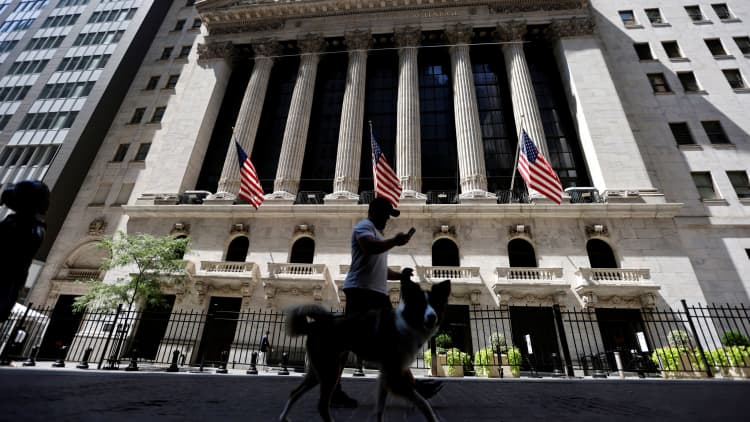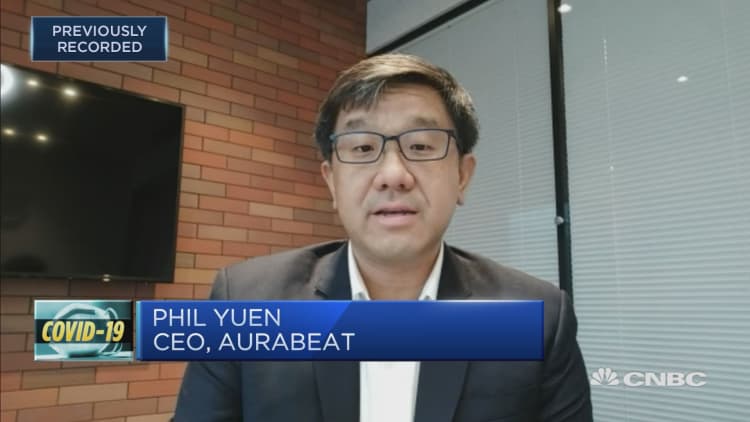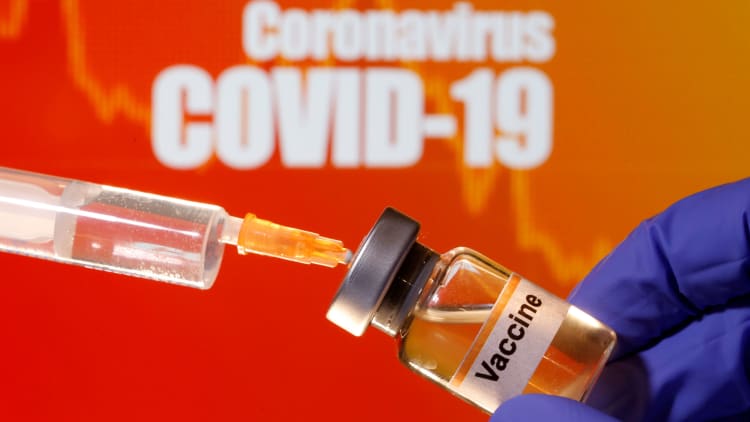Nine drugmakers working on coronavirus vaccines publicly pledged on Tuesday to prioritize safety and uphold rigorous scientific standards as concerns mount of political pressure to bring a vaccine to market before the Nov. 3 U.S. presidential election. The pledge sought to "ensure public confidence" by committing to only apply for regulatory authorization when enough data has been collected from a large phase three trial. Three vaccine manufacturers have now entered phase three trials.
Here are some of the biggest developments Tuesday:
- Nine biopharma companies make safety pledge for coronavirus vaccine
- Mitch McConnell calls for Senate vote on 'targeted' Covid-19 aid bill
- New York schools will be issued daily Covid-19 report card, governor says
- Dr. Fauci says it is 'unlikely' that a vaccine will be ready by the November election
- AstraZeneca announces 'routine' safety pause in vaccine trial
The following data was compiled by Johns Hopkins University:
- Global cases: More than 27.5 million
- Global deaths: At least 897,833
- U.S. cases: More than 6.32 million
- U.S. deaths: At least 189,680




